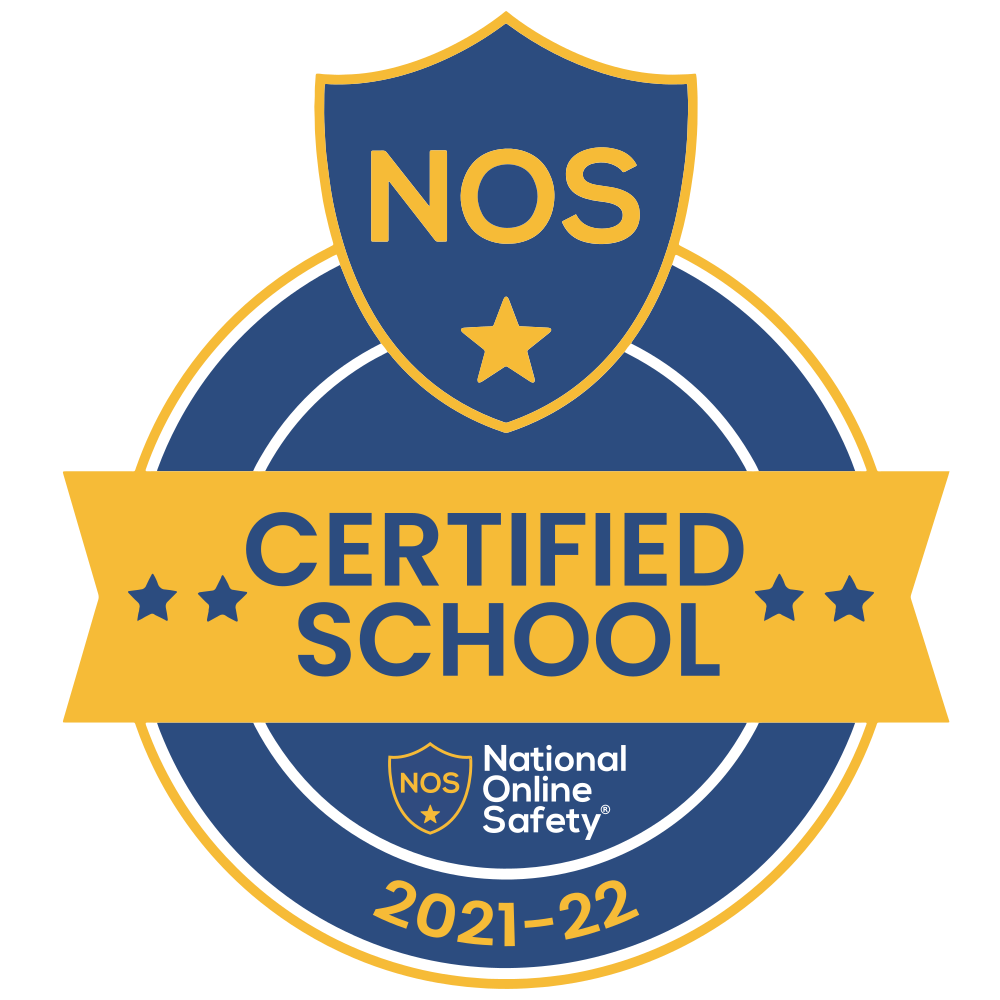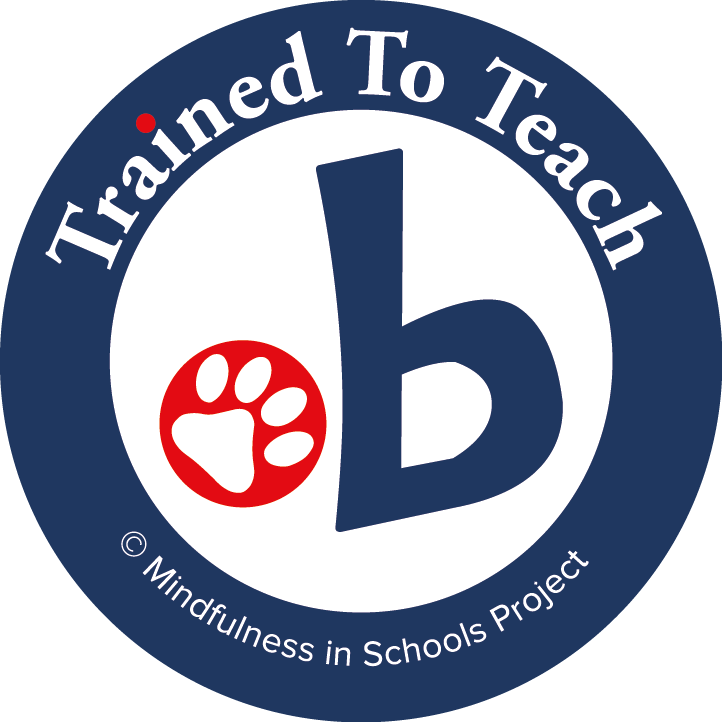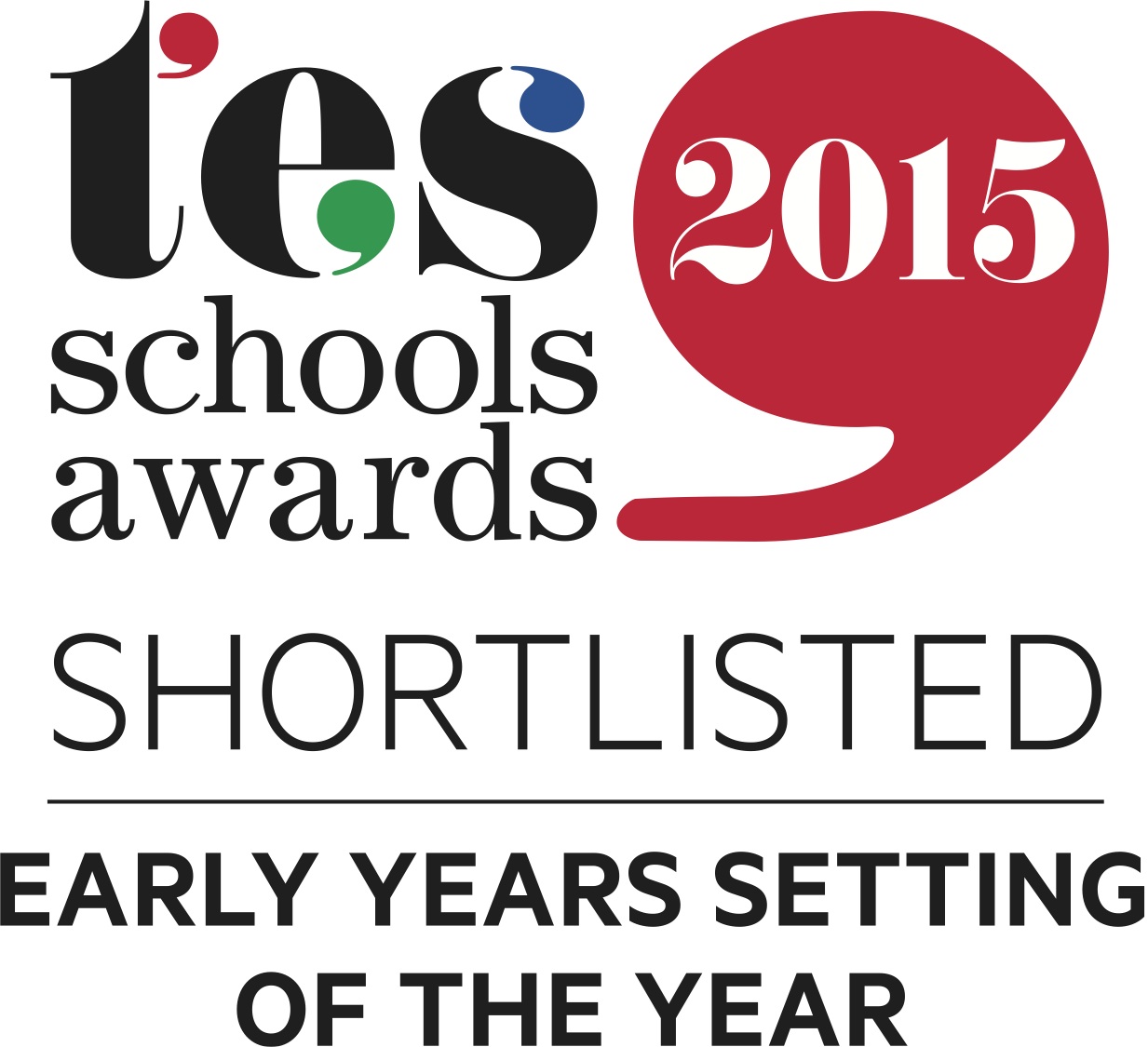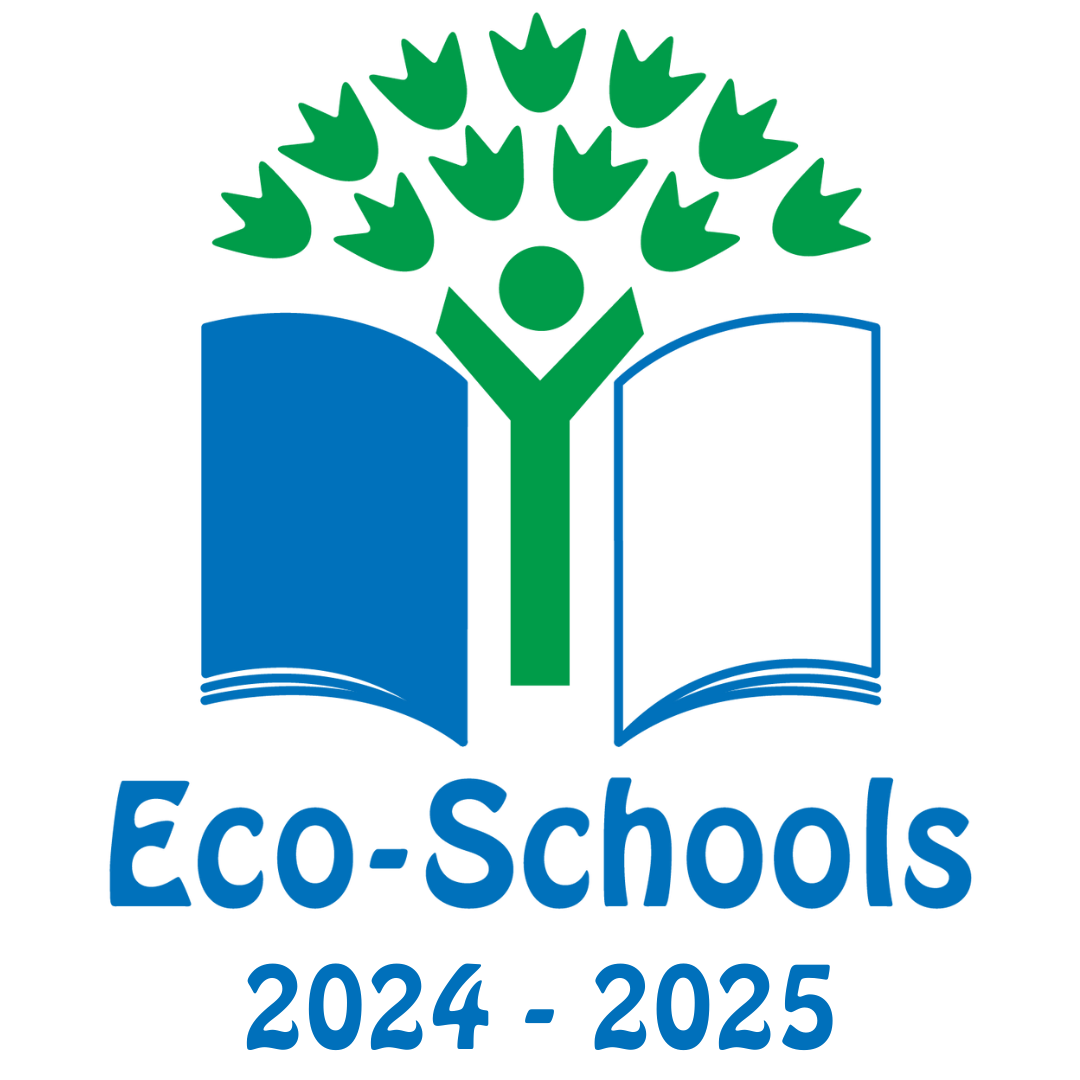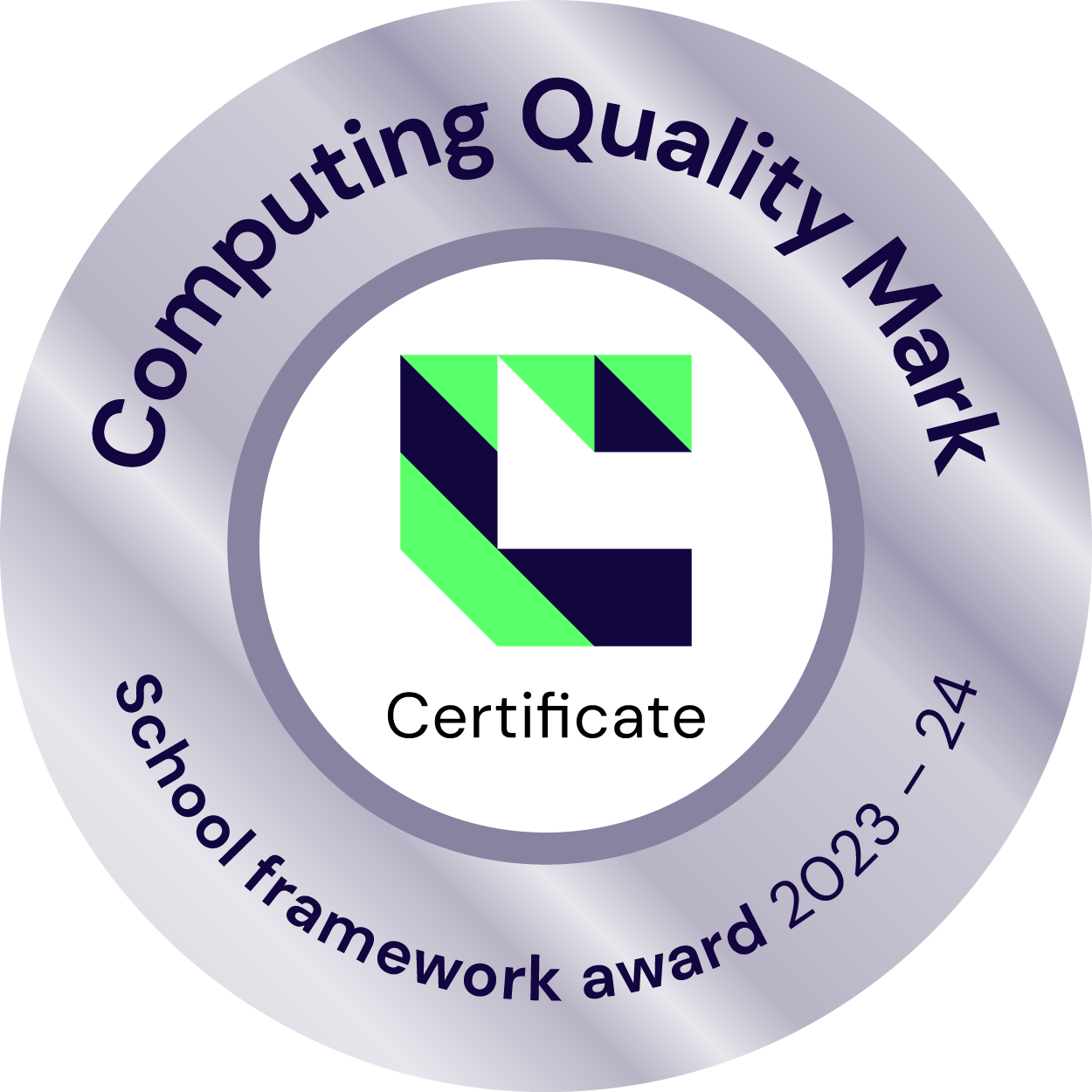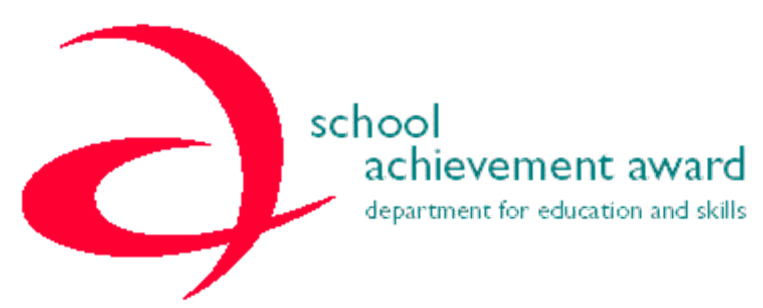Computing
Intent
Why are we teaching this?
Within an ever changing and technological world, Poverest Primary School understands and values the importance of teaching a broad and balanced Computing curriculum from a young age. We acknowledge that our children will rely heavily on their computational confidence and digital skills in order to be active participants in the digital world.
Therefore, it is our aim at Poverest to ensure that every child is taught the three core areas of Computing (Computer Science, Information Technology and Digital Literacy) through active learning to develop a deep knowledge. Our aim is to provide quality first teaching of the computing curriculum, which is designed to offer broad and deep knowledge alongside opportunities to apply skills in various digital contexts through creative and engaging learning. Beyond teaching computing discreetly, we will give pupils the opportunity to apply and develop what they have learnt across wider learning in the curriculum.
Whilst ensuring they understand the advantages and disadvantages associated with online experiences, we want children to develop as respectful, responsible and confident users of technology. We aim to inspire learners to ensure that our learning is inclusive to all children. Most importantly, we want our children to be aware of measures which can be taken to keep themselves safe online.
Implementation
How is this being taught?
At Poverest Primary, we follow the ‘Kapow’ scheme of work which is broad and balanced to cover all aspects of the National Curriculum. This creative and engaging scheme was chosen as it has been created by subject experts and based on the latest pedagogical research. It provides an innovative progression framework where computing content (concepts, knowledge, skills and objectives) has been organised into interconnected networks called learning graphs which allows children to develop their knowledge in an inspirational and inclusive way.
The curriculum aims to equip young people with the knowledge, skills and understanding they need to thrive in the digital world of today and the future.
The Kapow Primary Scheme is designed with three strands which run throughout:
- Computer Science
- Information Technology
- Digital Technology
The curriculum can be broken down into five key areas, creating a cyclical route through which children can develop their knowledge and skills by building and revisiting previous knowledge.
- Computing Systems and Networks
- Programming
- Creating Media
- Data Handling
- Online Safety
All activities incorporate a range of teaching strategies from independent tasks to group learning with both unplugged and digital activities. This variety means that activities are engaging and appeal to those with a variety of learning styles.
Differentiated guidance is avaliable for every activity to ensure that we are providing inclusive lessons to all pupils and opportunities to stretch pupils are available if needed.
A key part of implementing our Computing curriculum is to ensure that safety of our children is paramount. We take online safety very seriously and we aim to give children the necessary skills to keep themselves safe online. Children have a right to enjoy childhood online, to access safe online spaces and to benefit from all the opportunities that a connected world can bring them, appropriate to their age and stage. Online safety and responsible use of technology are topics covered in computing and PSHE lessons, assemblies and during events such as Safer Internet Day.
As a school, we have achieved the National Online Safety award for schools in 2020-2021, 2021-2022, 2022-2023 and we aim to achieve the award again in 2023-2024. To achieve this, staff and parents undertake National Online Safety training and assessments to ensure that we are providing our children with quality knowledge and information.
To support with our Computing teaching, we have the following resources available to our children:
-
Computing room with 30 desktop computers.
-
iPads (80 iPads across the school)
-
Chromebooks (305 Chromebooks across the school)
Teachers and support staff are provided with the following:
-
Interactive whiteboard in each classroom
-
At least 1 adult iPad in every classroom
-
Chromebook or laptop
-
Desktop computer in every classroom
-
Visualiser in every classroom
All children are provided with Google Education Suite accounts and work can be accessed in school and remotely. All teaching staff have undergone CPD over lockdown during the Covid pandemic to enable them to deliver content with confidence.
Technical support is provided by our experts at BlueFox. We have worked alongside BlueFox for a number of years, they work with us for two days every week.
Impact
What is the effect?
The impact of our quality teaching of Computing will be evident within pupil voice and the skills children gain throughout their time at Poverest. We will see skills and knowledge progress and develop as children work their way through the Kapow curriculum and they should gain a deeper understanding of the three areas of Computing alongside this. The success of this engaging and exciting curriculum will be assessed via the analysis of yearly progress data, lesson observations and skills audits. This will then inform future adaptions of the scheme of work and help to ensure that progression is evident throughout school.
The expected impact of following the Kapow Primary Computing scheme of work is that children will:
- Be critical and creative thinkers to understand how to make informed and appropriate digital choices in the future.
- Understand the importance that computing will have in their future educational, personal and working life.
- Be aware of how to balance time spent on technology and why time spent away is healthy.
- Understand the huge impact which technology can have to showcase their ideas and creativity.
- Show a clear progression of technical skills across all areas of the National Curriculum
- Be able to use technology individually and as part of a team.
- Have a secure knowledge of online safety issues and know how to deal with any problems in a responsible and appropriate manner.
Education for a Connected World
As a school, we also use the 'Education for a Connected World 2020' (please see below) which is a framework to equip children and young people for digital life. This is built into the Teach Computing curriculum. We focus on the eight areas of this document which are:
1. Self image & identity. This strand explores the differences between online and offline identity beginning with self awareness, shaping online identities and media influence in propagating stereotypes. It identifies effective routes for reporting and support and explores the impact of online technologies on self-image and behaviour.
2. Online relationships. This strand explores how technology shapes communication styles and identifies strategies for positive relationships in online communities. It offers opportunities to discuss relationships, respecting, giving and denying consent and behaviours that may lead to harm and how positive online interaction can empower and amplify voice.
3. Online reputation. This strand explores the concept of reputation and how others may use online information to make judgements. It offers opportunities to develop strategies to manage personal digital content effectively and capitalise on technology’s capacity to create effective positive profiles.
4. Online bullying. This strand explores bullying and other online aggression and how technology impacts those issues. It offers strategies for effective reporting and intervention and considers how bullying and other aggressive behaviour relates to legislation.
5. Managing online information. This strand explores how online information is found, viewed and interpreted. It offers strategies for effective searching, critical evaluation of data, the recognition of risks and the management of online threats and challenges. It explores how online threats can pose risks to our physical safety as well as online safety. It also covers learning relevant to ethical publishing.
6. Health, well being and lifestyle. This strand explores the impact that technology has on health, well-being and lifestyle e.g. mood, sleep, body health and relationships. It also includes understanding negative behaviours and issues amplified and sustained by online technologies and the strategies for dealing with them.
7. Privacy and security. This strand explores how personal online information can be used, stored, processed and shared. It offers both behavioural and technical strategies to limit impact on privacy and protect data and systems against compromise.
8. Copyright and ownership. This strand explores the concept of ownership of online content. It explores strategies for protecting personal content and crediting the rights of others as well as addressing potential consequences of illegal access, download and distribution.
Helpful Websites
CEOP (The Child Exploitation and Online Protection Centre)




